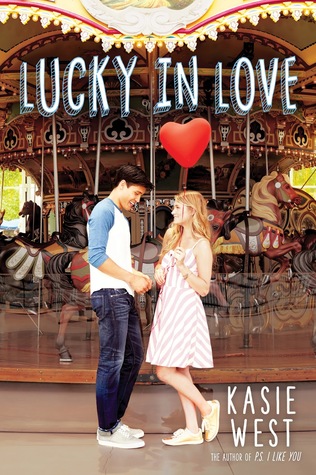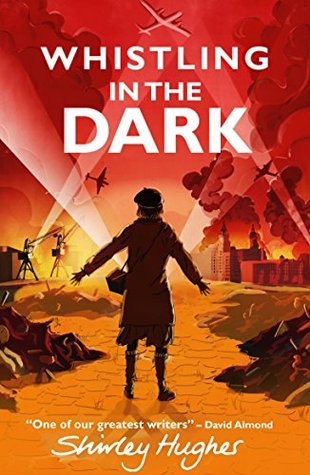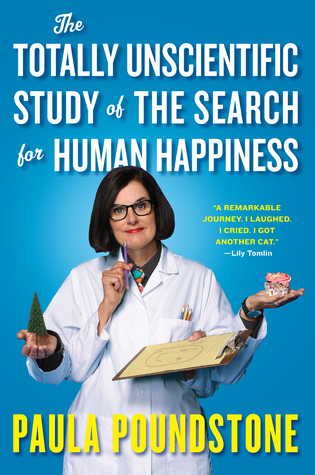 |
Click to view
on Goodreads |
2017 begins the centennial celebrations of women first winning the right to vote, culminating in national suffrage three years later. This book documents the milestones in that hard won struggle and reflects on women's impact on politics since.
From the birth of our nation to the recent crushing defeat of the first female presidential candidate, this book highlights women's impact on United States politics and government. It documents the fight for women's right to vote, drawing on historic research, biographies of leaders, and such original sources as photos, line art, charts, graphs, documents, posters, ads, and buttons. It presents this often-forgotten struggle in an accessible, conversational, relevant manner for a wide audience. Here are the groundbreaking convention records, speeches, newspaper accounts, letters, photos, and drawings of those who fought for women's right to vote, all in their own words, arranged to convey the inherent historical drama. The accessible almanac style allows this entertaining history speak for itself. It is full of little-known facts. For instance: When the Constitutional Convention of the thirteen colonies convened to draft the Constitution, Abigail Adams admonished her husband John Adams to "remember the ladies" (write rights for women into the Constitution!). Important for today's discussions, REMEMBER THE LADIES does not extract women's suffrage from the inseparable concurrent historic endeavors for emancipation, immigration, and temperance. Its robust research documents the intersectionality of women's struggle for the vote in its true context with other progressive efforts.
(448 pages)
As a young American woman in the 21st century, I take my right to vote for granted. My ability to participate in politics, whether through voting or campaigning or running for office, is such an obvious right that I struggle to imagine a time when I wouldn't have been able to even speak in public before men.
I suppose that's a sign of how far we've come, right? I don't usually like to think about that, though, because it makes me strangely uncomfortable to think that I would have been considered a second-class citizen even a hundred years ago. My great-grandmother was twenty years old when the Nineteenth Amendment was passed giving her the right to vote.
Twenty! That's just inconceivable to me.
The entire focus of
Remember the Ladies is on detailing the fight for woman's rights. It includes descriptions of the small attempts made in the country's early years, focuses mainly on the 70+ year battle for enfranchisement/legal rights, and then discusses the roles modern women play in politics. It's the historical details that I find so fascinating, and which are so crucial for me to learn about. I don't really agree with Dodson that Hillary Clinton lost the 2016 presidential election because she's a woman–I'd guess it has more to do with how wildly unlikeable she is and how strictly conservative a lot of Americans are–but that is literally my only complaint about Dodson's viewpoint. In the rest of the book, she does a very good job describing all the different suffragists and their organizations, conflicts, splits, allies, and conflicting causes (as issues like temperance and abolitionism alternately aided and undermined the fight for suffrage).
I mean, the suffrage movement lasted over
seventy years. As Dodson herself points out, that is a very long time for a single movement. It progressed in clunky fits and starts at first, but it made it to victory despite the chaotic (and pressing!) distractors of the Civil War, Reconstruction, anti-immigration sentiment, and World War I. It's amazing to read about all the strands of activism that wove themselves through the background of U.S. history until the suffragist movement finally achieved its main goal. And I think it's important for me to read a book like
Remember the Ladies once in a while so I can appreciate all the people in the past who fought for rights that I take for granted today.
Actually, I think
everyone should read a book like
Remember the Ladies once in a while, be they male or female. It's good for all of us to get a reality check now and again, to gain an appreciation for how far gender equality has progressed in just the last 100 years.
Disclaimer: I received a complimentary copy of this book from the publisher in exchange for an honest review.










